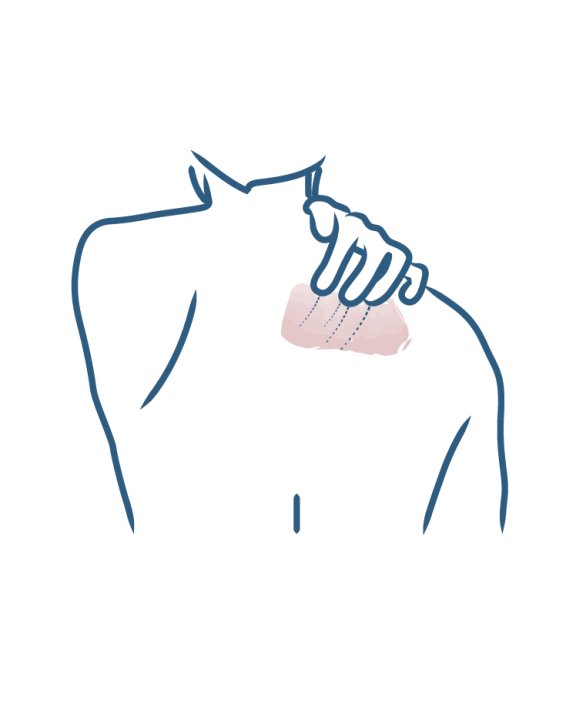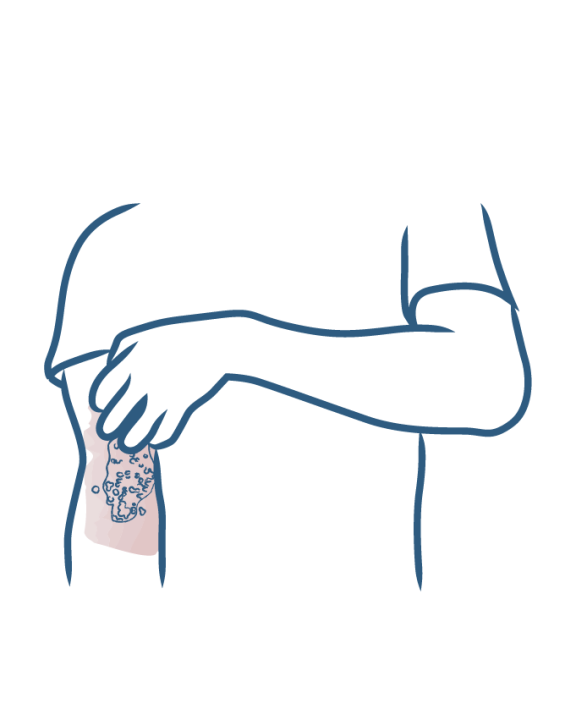What you should know about eczema
- SUMMARY
- Eczema
Is eczema contagious?
- Baby’s eczema, infant eczema: what is it?
- What soap should be used for babies with eczema?
- Eczema in babies: what habits should you adopt?
- When should you consult a physician about your baby's eczema?
- Eczema in babies and children: the areas most often affected
- How should you treat baby’s and infant’s eczema?
- Which cream should you use for baby's eczema?
- Living with eczema day to day
- Eczema: What daily reflexes should you adopt?
- Eczema: can it be cured?
- Swimming pool, swimming when you have eczema?
- What are the habits to avoid when you have eczema?
- What soap should be used for eczema?
- Eczema cream, ointment: what should you use?
- Eczema: how to treat itching
- Eczema: what food should you eat?
- Which detergent should eczema patients use?
- Eczema: how can flare-ups be avoided?
- Body eczema: hands, feet, arms, back, face, etc
- Foot eczema
- Arm eczema (elbows, armpits, forearms)
- Eczema of the eyelids, eyes or palpebral eczema
- Eczema of the legs or varicose eczema
- Eczema on the neck and nape of the neck
- Eczema around the mouth
- Hand and finger eczema (chronic hand eczema)
- Facial eczema
- Scalp eczema
- Eczema on the back
- Eczema on the stomach and belly button
- Eczema in the ears

Is eczema contagious?
This is a common preconception attached to the majority of skin diseases, but must absolutely be refuted in the case of eczema. No, eczema is not contagious, nor is it due to a lack of hygiene. This is true for all forms of the disease: atopic eczema, contact eczema, chronic hand eczema and pregnancy eczema. You can't catch eczema by shaking someone's hand or kissing them on the cheek. You also can't catch it by swimming in the same pool as someone with eczema or by using their towel.
Eczema in children
A child with eczema can go to school as usual without the risk of "contaminating" their classmates. Unfortunately, the reaction of the other children, other parents and sometimes even the teacher is often harsh and hard to deal with. It then becomes necessary to explain their disease and treatment, and the fact that chronic eczema is not contagious. At this stage, it might be useful to schedule a meeting with the teacher or show a medical certificate.
Preventing secondary infection
However, eczema can sometimes become superinfected, and if this happens, the child would need to stay away from school temporarily. The main secondary infections are bacterial: eczema lesions begin to ooze and become covered with yellowish scabs. Local treatments and potentially antibiotics are prescribed. Viral secondary infections are essentially caused by the herpes virus and can be very serious. To prevent them, during flare-ups avoid contact with anyone with a cold sore.
Points to remember
Always follow these rules of good sense: do not touch your lesions unless applying treatment; wash your hands before and after treatment; cut nails short; consult your doctor as soon as possible if you observe a change in appearance of lesions or general symptoms such as fever or fatigue.
More information
- Discover Eczema on black skin
What you should know about eczema
Eczema on black skin
- Discover Contact Eczema: what do you need to know?
What you should know about eczema
Contact Eczema: what do you need to know?
- Discover Eczema in adults, atopic dermatitis in adults
What you should know about eczema
Eczema in adults, atopic dermatitis in adults
- Discover What is pregnancy eczema?
What you should know about eczema
What is pregnancy eczema?
Our care routines
Atopic eczema, contact eczema, chronic eczema, eyelid eczema





